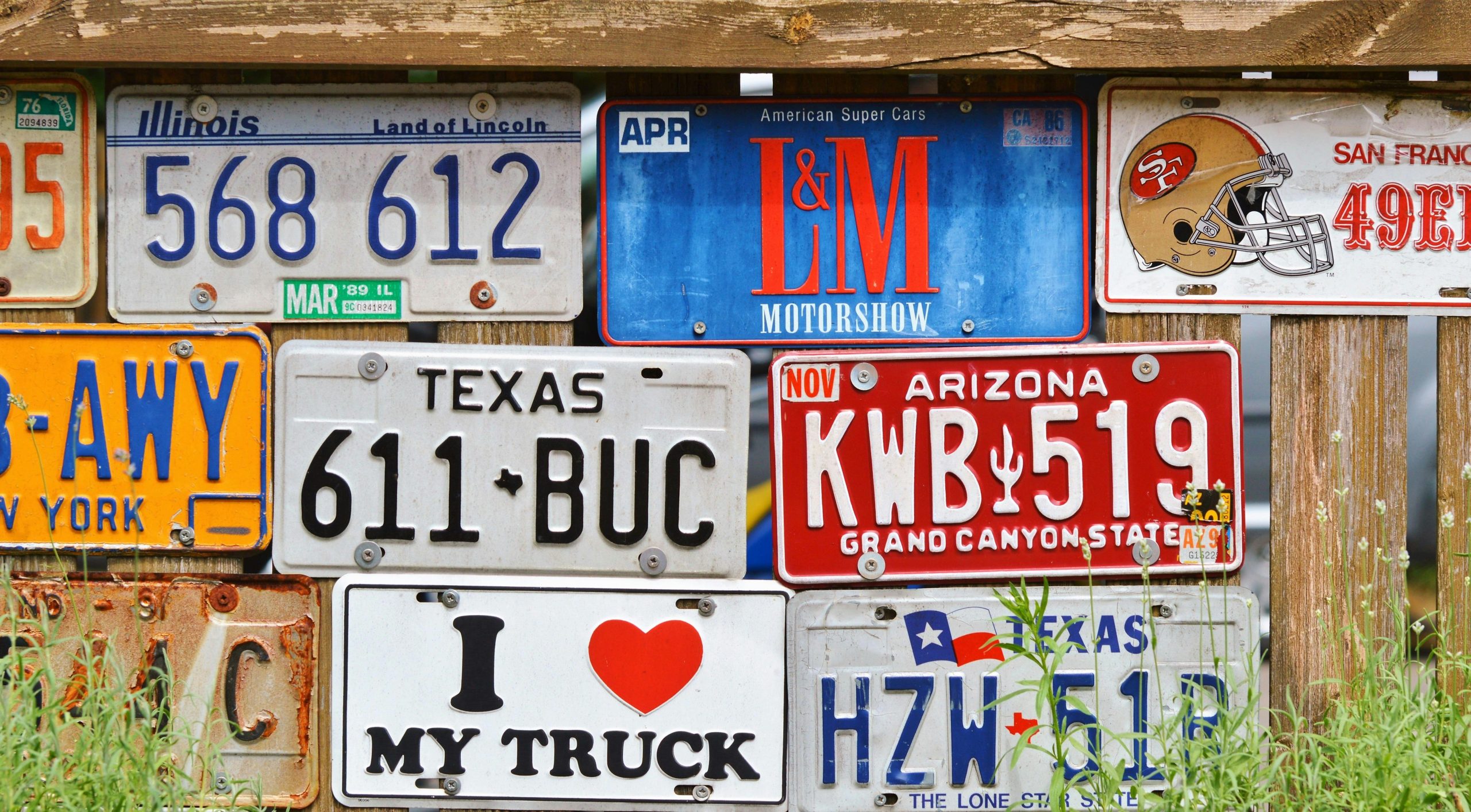Should I file a second claim?
I’ve never had to rely on insurance before, but recently encountered some issues with our three-year-old home. A hidden leak from the dishwasher led to a leak in the basement ceiling. Unfortunately, I ended up with black mold, and the flooring and drywall needed to be removed. My insurance covered everything except for the mold, and I received a $6,000 payout two weeks ago.
Now, fast forward to today: a severe hail storm hit our area, with golf ball-sized hail impacting the entire city. My gutters are dinged up, and while I haven’t checked the roof yet, several neighbors have reported damage to theirs after inspections. It’s likely that mine is affected as well.
On top of that, my wife’s 2017 Explorer, which was parked outside, sustained damage all over.
We have Erie Insurance for both our home and auto.
If I decide to file claims for both the house and the car, am I at risk of being dropped? Would it be considered three claims since I have both home and auto policies with Erie? Does hail damage count against us in terms of rate increases, given that it’s largely unavoidable?
I’m feeling stuck between filing another claim and facing potential rate hikes or leaving my house with a damaged roof and gutters. Any advice would be appreciated!




It’s understandable to feel overwhelmed in this situation, especially since you’re dealing with multiple potential claims at once. Here’s a breakdown of your concerns:
Filing Separate Claims: Homeowners and auto insurance claims are generally treated as separate policies. So if you file a claim for your roof and another for your vehicle, it will count as one claim for each policy. This means that you wouldn’t be penalized for filing both claims at the same time, but you should verify this with your insurer.
Impact on Rates: While filing multiple claims can sometimes lead to increased rates, some insurers have specific guidelines regarding natural disasters like hailstorms. Because hail damage is considered an unavoidable event, some companies won’t penalize you for those claims in terms of rate increases. Again, this varies by company, so it’s worth checking your policy and speaking directly with your agent.
Consider the Damage: If you suspect your roof is damaged, it’s usually best to address it promptly rather than wait. Ignoring the damage could lead to more significant issues later on, like leaks or structural problems. It’s important to ensure your home remains safe and protected.
File a Claim: You might consider filing a claim for both the house and the car. Be sure to document the damage with photos and keep records of any inspections. This can help your case with the insurer.
Long-Term Perspective: While it’s natural to worry about potential rate increases, think about the cost of repairs or replacements if the damage worsens without being addressed. It may be more beneficial in the long run to manage the claims now rather than risk escalating costs later.
Ultimately, reach out to your insurance agent for guidance specific to your policy and situation. They can help clarify how filing claims will affect your coverage and rates moving forward.